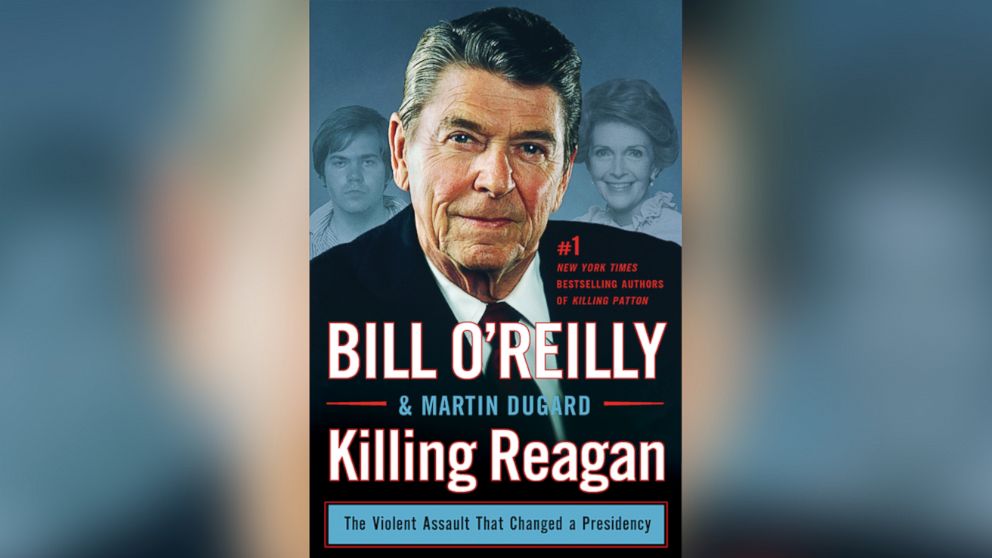Book Excerpt: Bill O'Reilly's 'Killing Reagan'

— -- Excerpted from Killing Reagan: The Violent Assault That Changed a Presidency. Copyright © 2015 by Bill O'Reilly and Martin Dugard. Reprinted by permission of Henry Holt and Co. All Rights Reserved.
Chapter 7:
Los Angeles Memorial ColiseumJuly 15, 19608:00 p.m.
The man with three years to live is nervous. Sen. John F. Kennedy steps to the podium and gazes out at eighty thousand Democrats, who are on their feet cheering loudly. The forty- three- year- old patrician from Massachusetts is perspiring lightly. His eyes scan the vast outdoor Los Angeles Coliseum, with its vaulting peristyle arches and Olympic cauldron signifying the Olympic Games held there in 1932. This is a spot reserved for conquering heroes, the same lofty perch where Gen. George S. Patton was welcomed on leave from World War II in 1945.
Just two days ago, the wealthy politician with movie star good looks received the necessary votes to secure the Democratic nomination for president. Now, as the national convention comes to a close with his acceptance speech, bedlam fills the Coliseum. Native Americans in full tribal regalia perform ritual dances on the football field, and low- flying TV news helicopters threaten to drown out Kennedy’s words.
With many high- ranking Democrats looking on in person, and famous Kennedy celebrity backers such as Henry Fonda and Frank Sinatra joining the festivities, John F. Kennedy begins his speech: “With a deep sense of duty and high resolve, I accept your nomination.” Kennedy’s words are clipped, and he speaks too fast. He has slept very little in the past week,filling his days and nights with political meetings, parties, and rendezvous with would-be girlfriends.* “I accept it with a full and grateful heart—without reservation— and with only one obligation— the obligation to devote every effort of body, mind and spirit to lead our Party back to victory and our Nation back to greatness.”
Kennedy now launches into what will become known as the “New Frontier” speech, telling Americans, “Today our concern must be with that future. For the world is changing. The old era is ending. The old ways will not do.” As he outlines his vision for the future, Kennedy launches a series of personal attacks on his likely Republican opponent, current vice president of the United States Richard Milhous Nixon.
A continent away, Nixon himself cannot sleep. The CBS Television network is broadcasting Kennedy’s speech live. Despite its being 11:00 p.m. in Washington, Nixon is riveted to the black- and- white TV in the family room of his Tudor- style home in the city’s Wesley Heights neighborhood. He endures every one of his opponent’s assaults, taking each slight personally but also knowing that Kennedy does this all the time, as he is fond of hardball politics. “Mr. Nixon may feel it is his turn now,” Kennedy says somewhat sarcastically. Nixon, an acute observer, notes Kennedy’s lean face is tense, despite the senator’s attempts to appear at ease.
“After the New Deal and the Fair Deal— but before he deals, someone had better cut the cards.”
The audience laughs.



